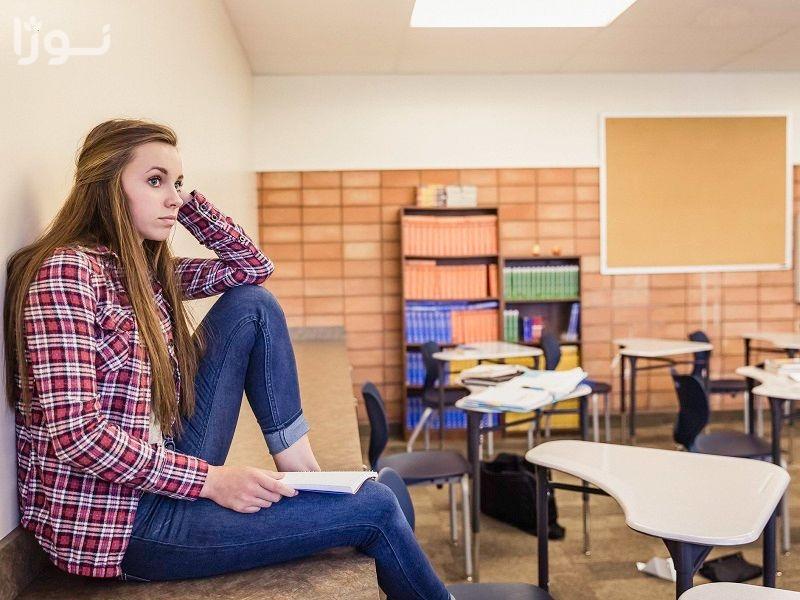scolionophobia in adults
نوشته شده توسط بردیا آروین در تاریخ 1402/10/11 در دسته بندی پزشکی و پیراپزشکی

scolionophobia in adults
نوشته شده توسط بردیا آروین در تاریخ 1402/10/11 در دسته بندی پزشکی و پیراپزشکی
Fear of school in adults, known as "scolionophobia," is an anxiety stemming from the fear and apprehension of going to a school environment. This fear can arise in adults who have had negative or traumatic experiences in school. In the following, we will explore strategies for dealing with school phobia in adults.
Causes of School Phobia in Adults
School phobia in adults can be attributed to various reasons. Some of these causes include:
1. Past negative experiences: Adults who have had unpleasant experiences in the past may experience fear and anxiety when it comes to going to a school environment.
2. Fear of failure: Some adults may have a fear of failure and the inability to succeed in a school setting. This fear can lead to the development of school phobia.
3. Fear of social interaction: Some adults may have a fear of engaging with others and participating in group activities at school. This fear can contribute to the development of school phobia.
Coping Strategies for School Phobia in Adults
To address school phobia in adults, the following strategies can be employed:
1. Psychological counseling: Seeking help from a specialized psychologist in this field can assist adults in understanding the causes and factors contributing to their fear. They can also provide suitable strategies for managing and reducing this fear.
2. Analysis of past experiences: Adults can gain a better understanding of their fears by analyzing and examining their past experiences in school. This process can help them identify coping mechanisms.
3. Changing perspectives: Adults can work on changing their perspectives and attitudes towards school. Instead of focusing on fear and anxiety, they can try to recognize the benefits of school and the opportunities it presents.
Coping Strategies for Fear of School in Adults:
1. Recognition and understanding of fear: The first step in dealing with the fear of school in adults is recognizing and understanding this fear. Gaining a precise understanding of the causes and factors contributing to the fear can help individuals find suitable coping mechanisms.
2. Psychological counseling: Seeking help from a specialized psychologist can assist in understanding and managing the fear of school. Psychologists can provide guidance on coping strategies and help individuals better deal with their anxiety and fear.
3. Changing perspectives: Changing one's perspective and mindset towards school can aid in better coping with the fear. Instead of focusing on fear and worry, individuals can try to shift their attention to the benefits of school and the opportunities it offers.
4. Breathing and relaxation exercises: Breathing and relaxation exercises can help individuals have more calmness when facing their fear and anxiety. Deep breathing exercises and focusing on the breath can contribute to a sense of relaxation and increased focus.
5. Establishing positive routines: Creating positive routines before going to school can help individuals feel more secure and relaxed. For example, establishing a pre-school routine that involves engaging in calming activities or practicing self-care can promote a sense of safety and peace of mind.




